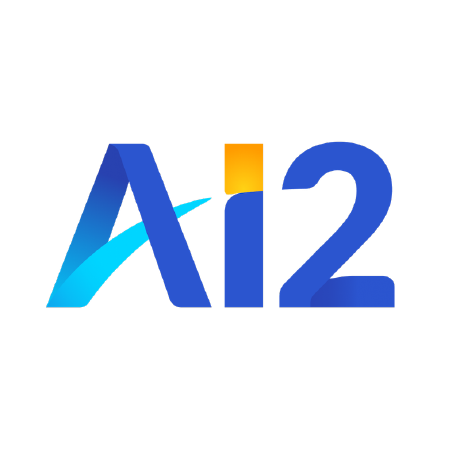Discover and explore top open-source AI tools and projects—updated daily.
GPT-NER by  ShuheWang1998
ShuheWang1998
NER research paper using GPT models
Top 94.6% on SourcePulse
This repository provides code and results for GPT-NER, a method for Named Entity Recognition (NER) leveraging Large Language Models (LLMs). It targets researchers and practitioners in NLP seeking to apply LLMs to NER tasks, offering a framework for few-shot and zero-shot NER with GPT-3, demonstrating competitive performance against supervised baselines on standard datasets.
How It Works
GPT-NER utilizes GPT-3 for NER by framing the task as a generation problem. It explores different retrieval strategies for providing context to the LLM: random retrieval, sentence-level embeddings (using SimCSE), and entity-level embeddings. The approach aims to enhance NER performance by effectively guiding the LLM with relevant examples, particularly in few-shot scenarios.
Quick Start & Requirements
- Install:
pip install openai==0.27.2 simcse==0.4 - Prerequisites: Python >= 3.7.3, OpenAI API key (set as environment variable
OPENAI_API_KEY). - Data: MRC-NER dataset (full) or sampled 100-dataset (Google Drive link provided).
- SimCSE Model:
sup-simcse-roberta-large(link provided). - Usage: Scripts are located in
openai_access/scripts/. Refer toopenai_access/get_results_mrc_knn.pyandopenai_access/verify_results.pyfor argument details. - Evaluation: Use
openai_access/scripts/compute_f1.sh.
Highlighted Details
- Demonstrates GPT-3 performance on Flat NER (CoNLL2003, OntoNotes5.0) and Nested NER (ACE2004, ACE2005, GENIA) datasets.
- Achieves competitive results, particularly with entity-level embedding retrieval, outperforming some supervised methods on sampled data.
- Includes self-verification scripts for zero-shot and few-shot evaluations.
- Code is structured around OpenAI API access and SimCSE for embeddings.
Maintenance & Community
- Primary contact: wangshuhe@stu.pku.edu.cn.
- The project is associated with a research paper published on arXiv.
Licensing & Compatibility
- The repository itself does not explicitly state a license.
- Usage of OpenAI's GPT-3 requires adherence to OpenAI's terms of service and API usage policies.
Limitations & Caveats
- Reliance on the OpenAI API means costs are associated with usage, and access is subject to OpenAI's availability and policies.
- Performance is heavily dependent on the quality of retrieved examples and the chosen embedding strategy.
- The README mentions that accessing GPT-3 can be expensive, advising users to start with the sampled dataset.
2 years ago
Inactive

 explosion
explosion universal-ner
universal-ner boat-group
boat-group idavidrein
idavidrein kojima-takeshi188
kojima-takeshi188 kyzhouhzau
kyzhouhzau lemonhu
lemonhu Shawn-IEITSystems
Shawn-IEITSystems allenai
allenai 920232796
920232796 EleutherAI
EleutherAI